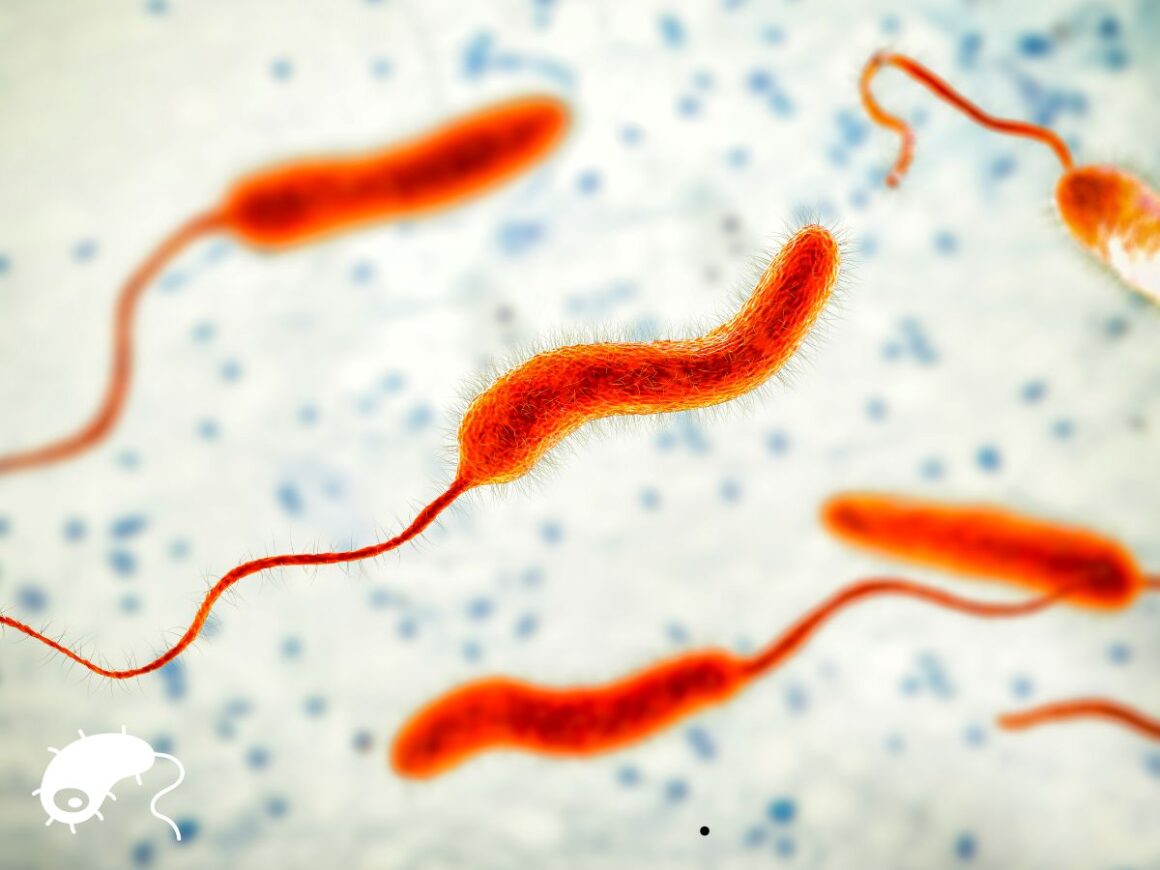The Pimpri-Chinchwad Municipal Corporation (PCMC) has identified and closed the contaminated drinking water line that led to the cholera outbreak in Dhawade Wasti area of Bhosari. The PCMC reported its first case of cholera infection in a 19-year-old youth on June 8, and till now, ten patients have been diagnosed with the water-borne disease. Out of these 10 cholera patients, six are admitted to Yashwantrao Chavan Memorial Hospital (YCMH) and four patients are receiving treatment at New Bhosari Hospital.
Dr Laxman Gophane, health officer of PCMC, said the condition of all ten cholera patients is stable and they are under observation.
“A joint surveillance was conducted by PCMC Health Department and Water supply department in the entire area. During the survey, a contaminated water line was found which has been closed,” he said.
Following the outbreak, a field hospital has been set up at Dhawade vasti and health teams have started door-to-door surveys to identify the patients. The PCMC health team has visited over 14,000 houses and examined over 39,000 people living in Dhawade vasti.
Cholera Outbreak: All You Need To Know About The Disease
Cholera is an epidemic that’s caused by Vibrio cholerae, a sneaky bacterium. Mainly, it causes havoc in your small intestine causing severe dehydration and diarrhoea. This bug spreads through contaminated food and water, more so in places with limited sanitation and hygiene.
The early signs of Cholera? You might notice a spectrum of symptoms from mild to severe, but largely, it’s awful cases of diarrhoea and throwing up. In extreme cases, quick dehydration and imbalances in electrolytes might even lead to death if neglected.
The WHO reports about 1.3 to 4 million Cholera cases each year, claiming about 21,000 to 143,000 lives globally. The worst-hit are the vulnerable ones – kids, refugees, and folks living in conflict zones.
How To Prevent The Infection?
Preventing the spread of Cholera calls for a mixture of efforts, including improving water and sanitation hygiene, access to clean drinking water and hand hygiene. Vaccination drives and early identification of the disease also help in controlling it. For those affected, the primary treatment is rehydration therapy and antibiotics for severe cases.

